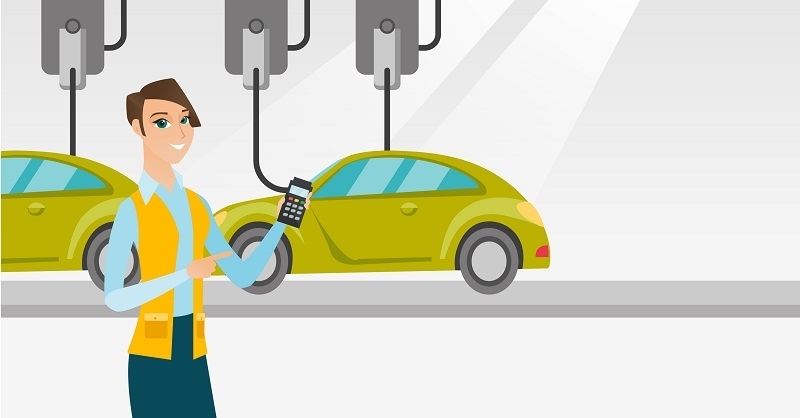The arrival of a global pandemic has effected profound change across the global economy, and changed the way that many of us live and work. In many cases, these changes might well be lasting ones.
Among the more significant of these changes is an acceleration of the rise of automation. More human workers in a given location means greater opportunity for the novel coronavirus to spread. Computers, by contrast, cannot act as conduits for the virus – and thus their widespread use is helping to support businesses which might otherwise have become unviable.
Retail
In a retail environment, the shift toward automated checkouts was already well underway when Covid-19 arrived. We might expect to see a more profound shift in this direction as time goes by. What’s more, the practice of ordering groceries online might be with us even after the virus has gone away. Picking orders, loading trucks and making deliveries all requires physical labour – in the future, this is exactly the sort of work that primed for mechanisation.
Food
The first burger-flipping robots came to be long before Covid-19. But they may ultimately be introduced into fast food chains at an accelerated pace. Despite the fact that the coronavirus has poor survivability on food, and despite the government’s Eat Out to Help Out scheme, restaurants still experienced a substantial decline in trade. What’s more, the Eat Out to Help Out scheme has since been linked with an uptick in contagion. Perhaps greater automation might make the eating-out experience that little bit safer.
Healthcare
Among the many advantages of machines is that they cannot spread germs in the same way as their human counterparts. And nowhere is this characteristic more advantageous than in a medical setting. Of course, it’ll still be awhile before we feel comfortable entrusting our health to machine-doctors. But still, automation can play a critical role in medical centres. Delivering medication, cleaning surfaces, analysing patient data – these are functions that can be, and increasingly are, handed over to machines.
Electric Field Service
The electric utility sector has also seen a major shift toward automation. Traditionally, field engineers would travel across vast service areas to inspect, repair, and maintain electrical infrastructure. During the pandemic, limiting unnecessary physical interaction became crucial, and companies leaned more heavily on digital solutions to keep operations running. Tools like field service schedule and dispatch software allow utilities to allocate jobs efficiently, assign the right technician to the right task, and monitor progress in real time. Paired with predictive maintenance technologies and smart grid automation, this approach not only reduces downtime but also ensures a safer, more reliable energy supply for customers.
Logistics & Manufacturing

Increasingly, work in warehousing is being performed by machines. Retrieval robots can automatically collect packages at fulfilment centres. Industrial controls, of the kind provided by Allied Electronics, might be given over to machines rather than human operators. Moreover, the continued advances in assisted driving technology help delivery drivers to not only pick the best route, but to drive efficiently and safely along the way. When it comes to the eventual shift to a fully driverless model, it’s a question of when rather than if.

